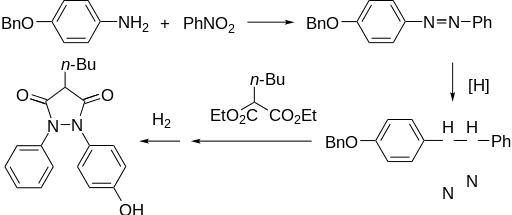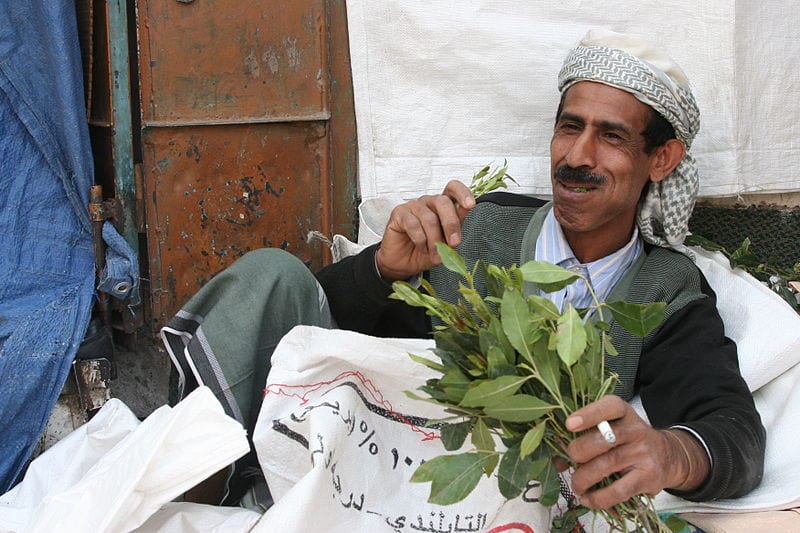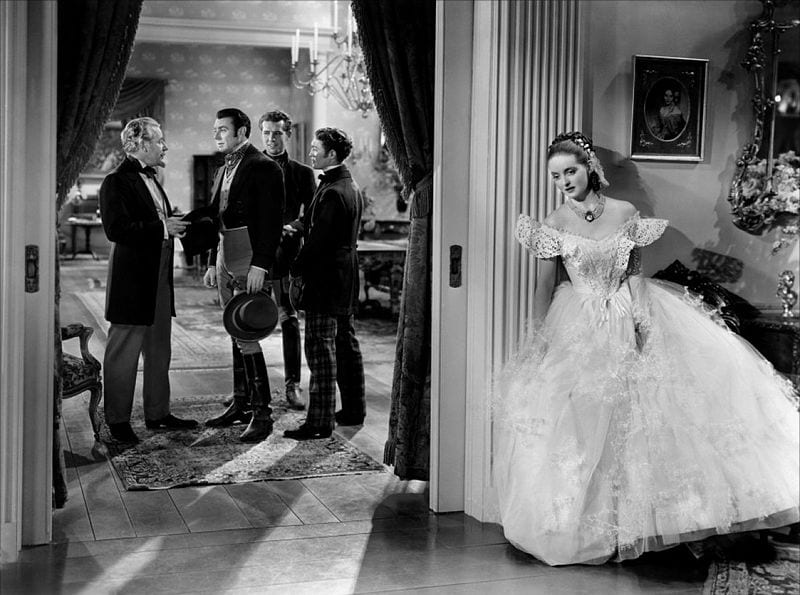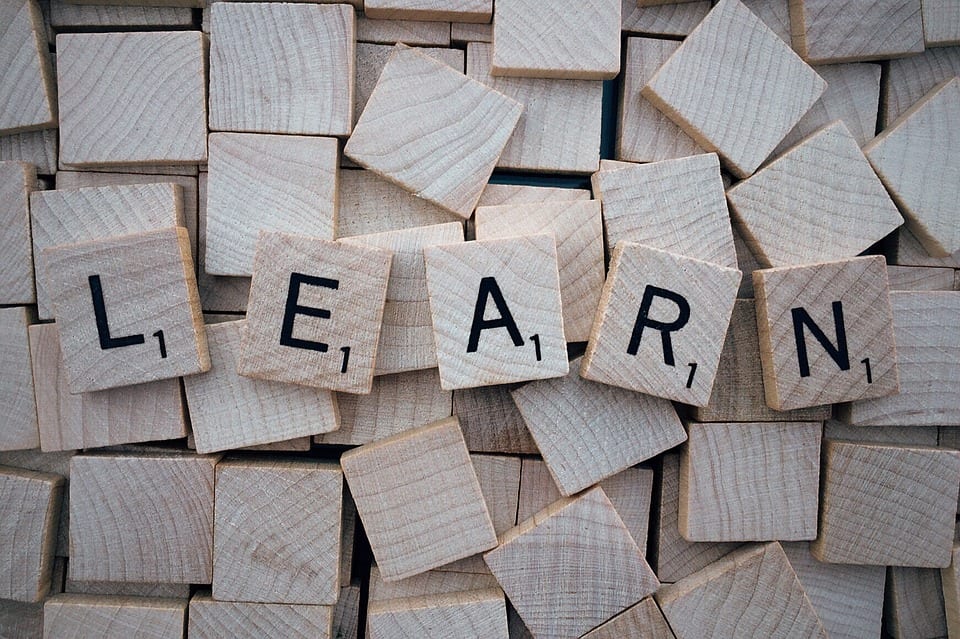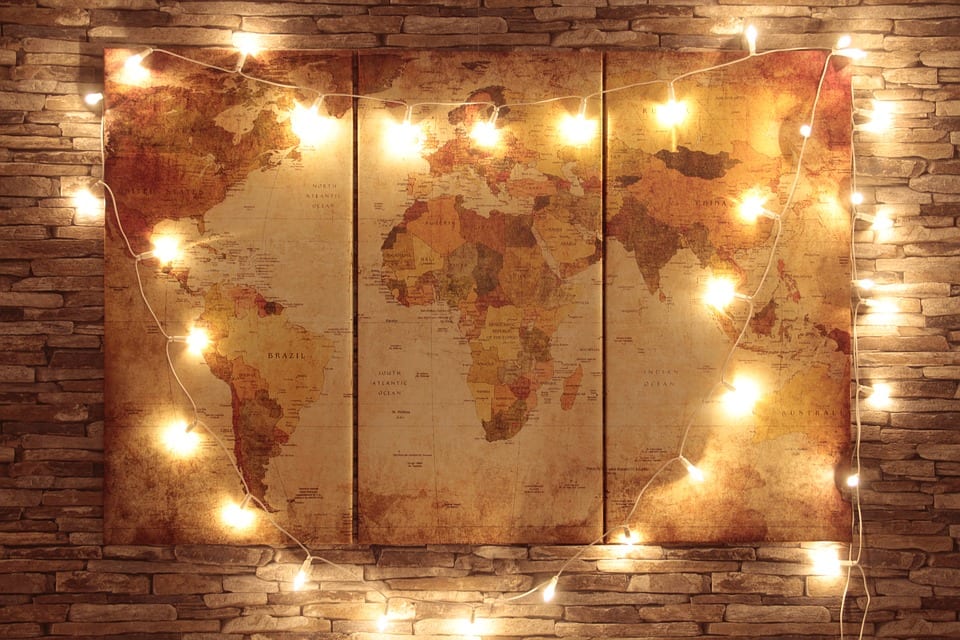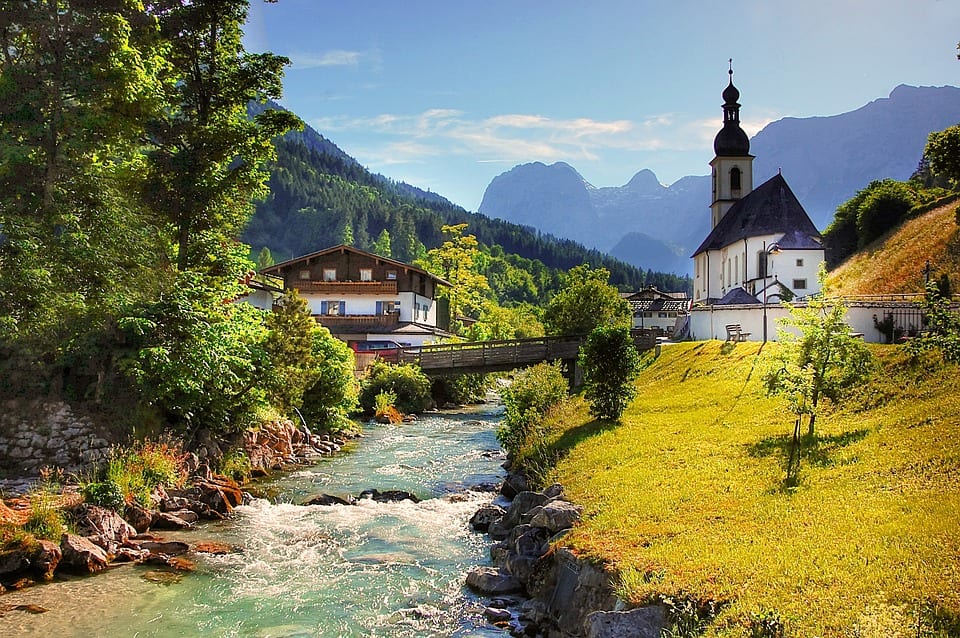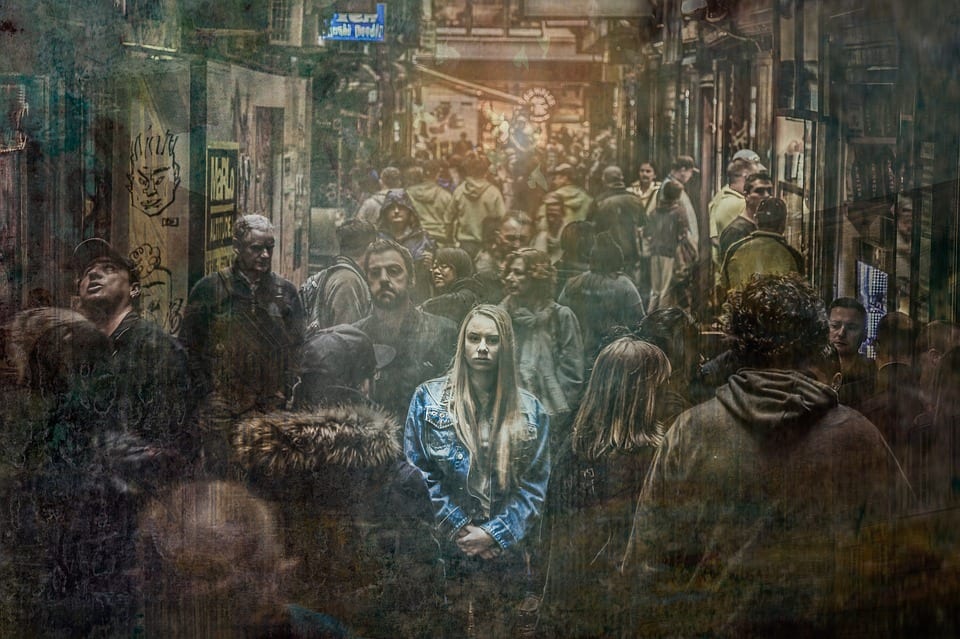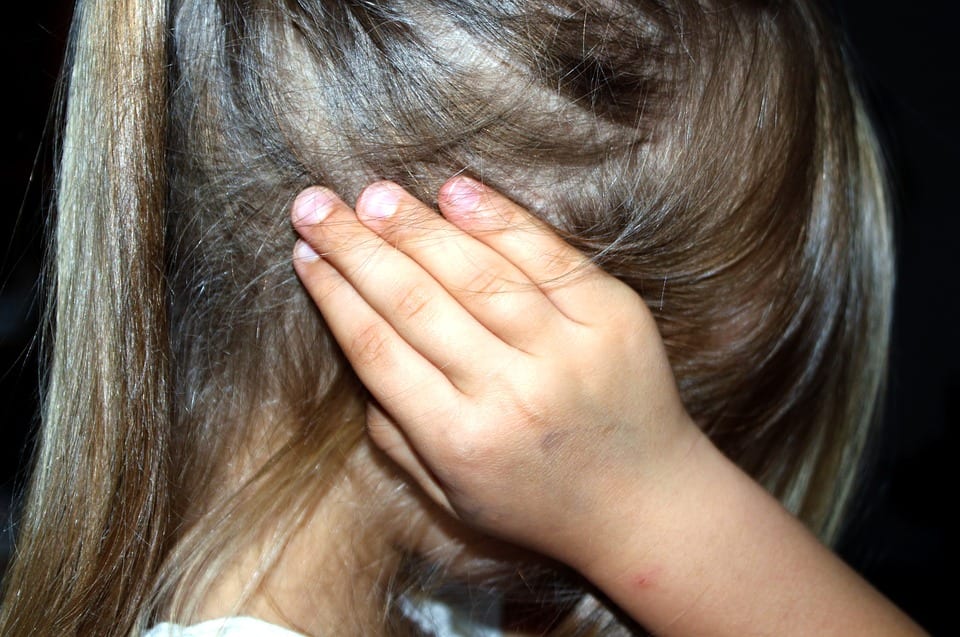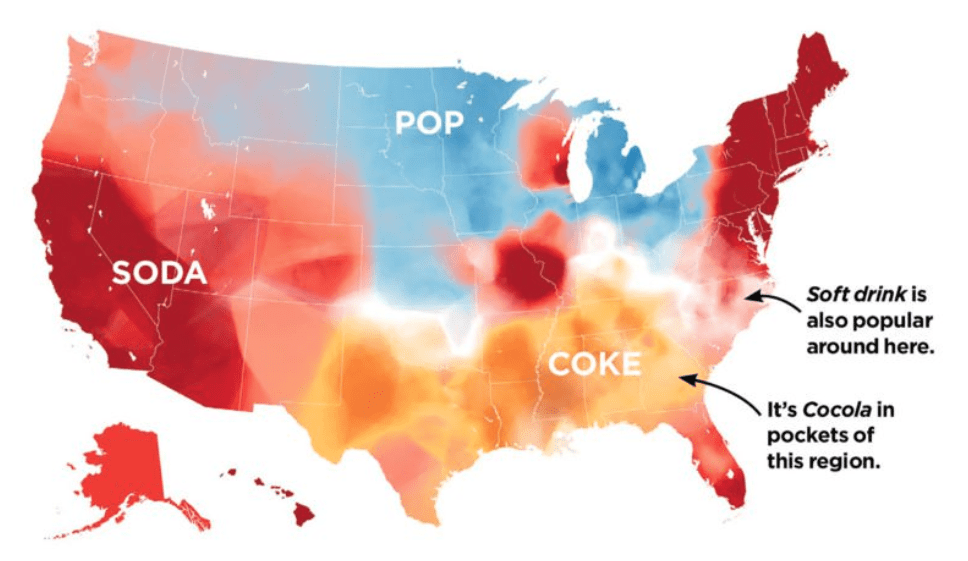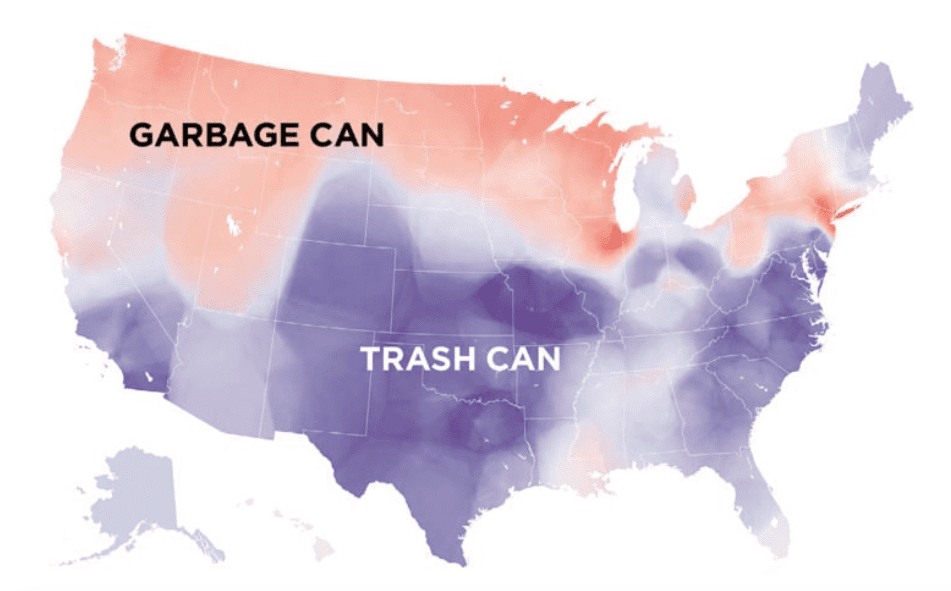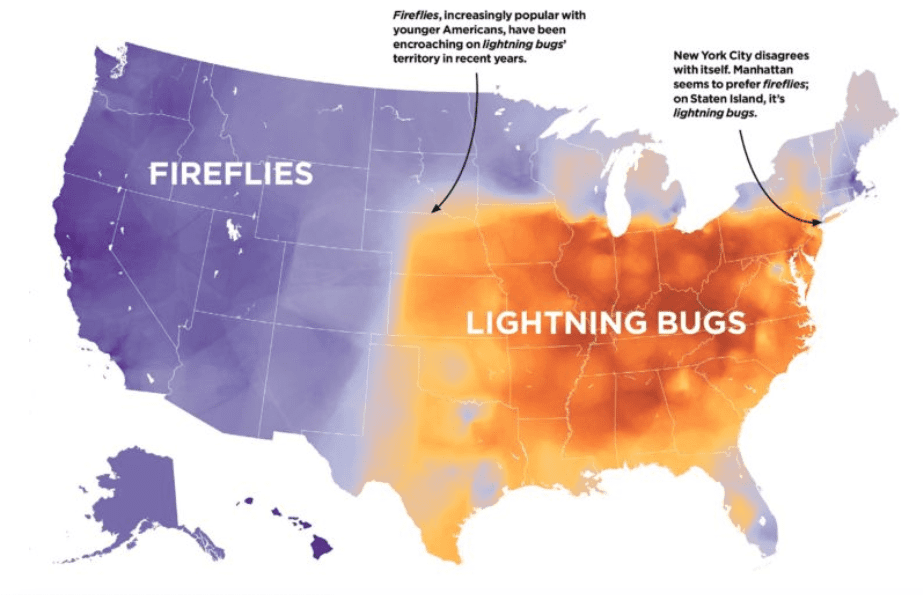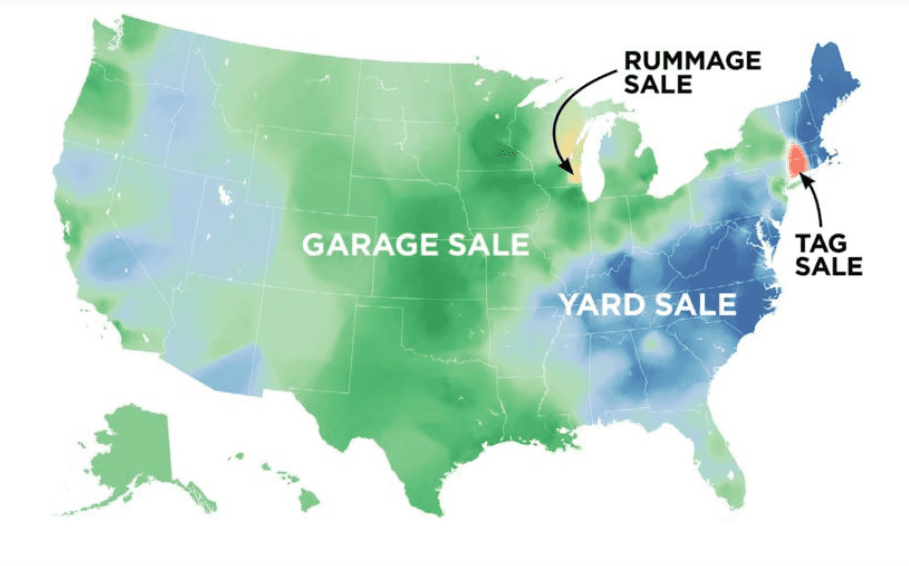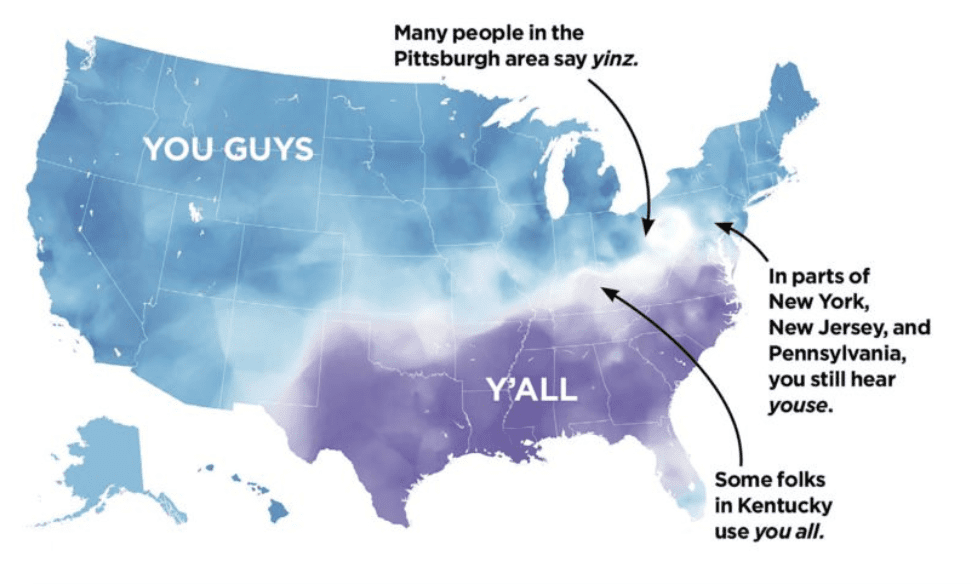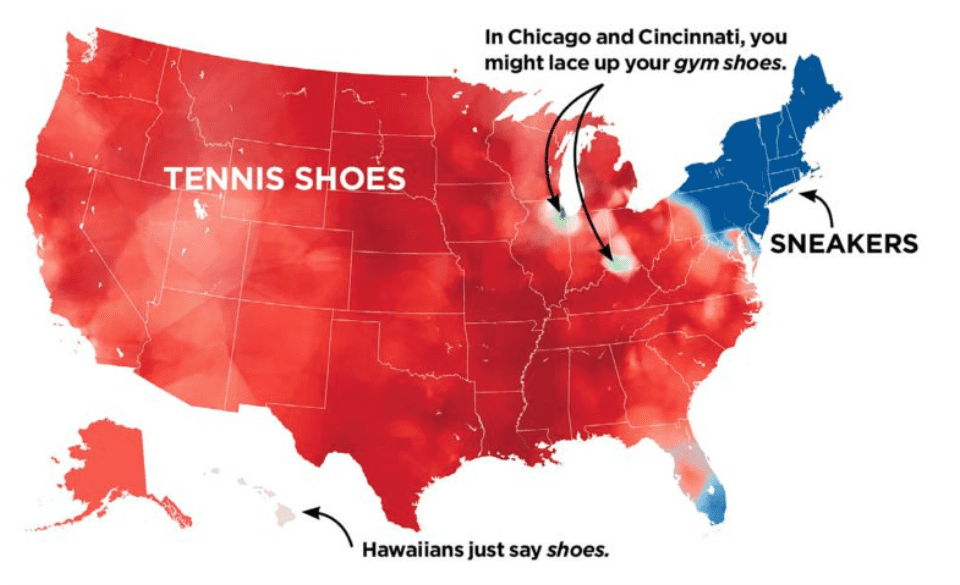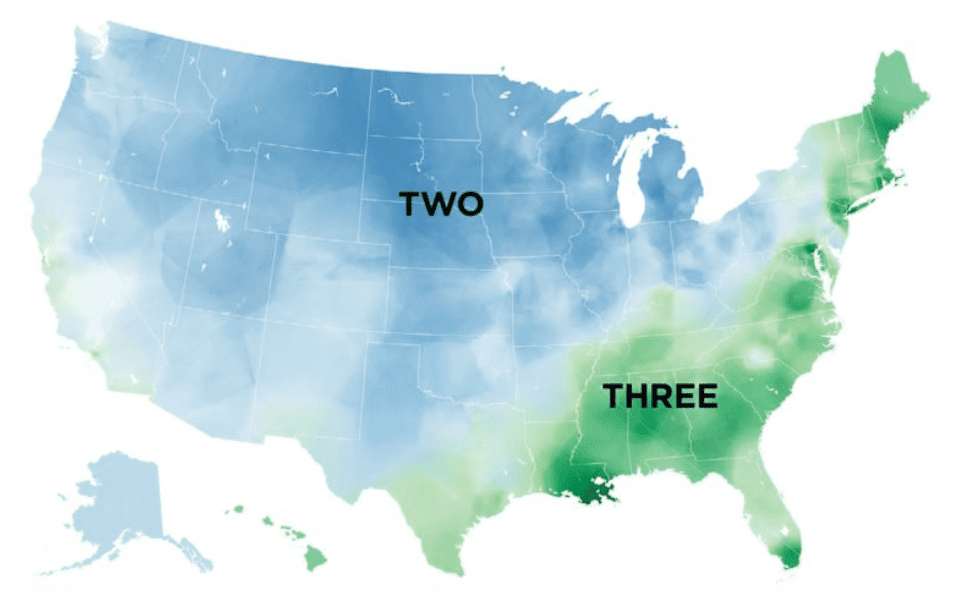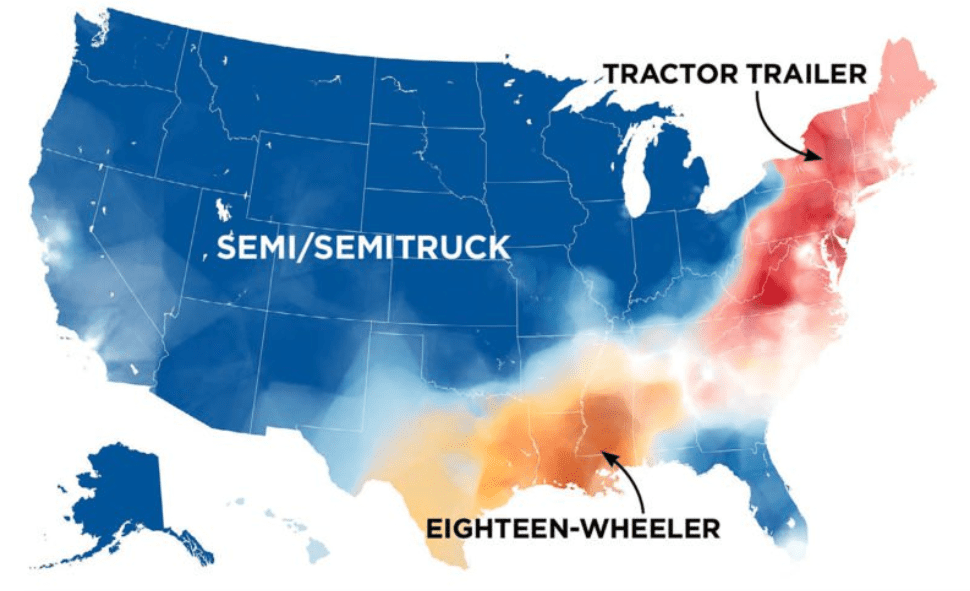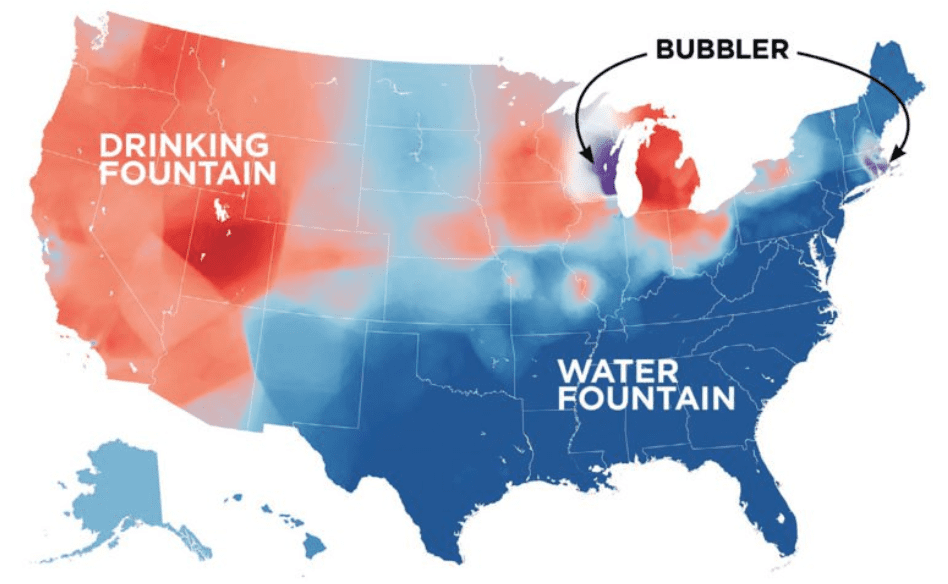Did you know there are words in the English language (recognized by Webster) that were once acronyms? I suppose they could still be considered acronyms, but our lexicon has adopted them as pieces of vocabulary in their own right.
Here are a few interesting words that were once abbreviations.
5. L.A.S.E.R
Photo Credit: Pixabay
LASER stands for Light Amplification by Stimulated Emission of Radiation. The first laser was invented in 1960, but had a different name: LOSER. The “O” stood for ocsillation, because a laser (light) is technically an optical oscillator not an optical amplifier. But as the acronym rapidly spread, oscillation was later replaced by amplification. For obvious reasons.
4. C.A.R.E. Packages
Photo Credit: Pixabay
CARE packages started in 1945 after the end of World War II. Care stood for the Cooperative for American Remittances to Europe, a group that started preparing packages filled with leftover “humanitarian aid to millions starving in post-war Europe.”
History.com explains, “These first ‘CARE Packages’ contained everything from whole-milk powder and liver loaf to margarine and coffee. The contents of CARE Packages soon expanded to include soap, diapers, school supplies, and medicine as well as fabric, thread, and needles to allow recipients to make and mend clothes.”
3. Navy S.E.A.L.
Photo Credit: Pixabay
The SEALs are a group of America’s toughest and most elite navy professionals. Their name stands for “SEa, Air, and Land”. This special operations force adopted the name “SEAL” because of their training and duties spanned “all environments (sea, air, and land)”.
2. S.C.U.B.A.
Photo Credit: Pexels, Tirachard Kumtanom
This well-known activity has been around since 1939. It was first used in military applications, but is now widely enjoyed by vacationers for entertainment, biologists for scientific research, and in many other circumstances. But it wasn’t coined “SCUBA” until 1952.
Wikipedia states, “In the U.S. Major Christian J. Lambertsen invented an underwater free-swimming oxygen rebreather in 1939. In 1952 he patented a modification of his apparatus, this time named SCUBA (an acronym for “self-contained underwater breathing apparatus“).
1. Z.I.P. Codes
Photo Credit: Pexels, Abstrakt Xxcellence Studios
As we all know, this term is used to help the post office designate what township or region a building or home location resides. It means Zone Improvement Plan Code.
The ZIP code “was chosen to suggest that the mail travels more efficiently and quickly (zipping along) when senders use the code in the postal address.”
Before ZIP codes’ inception, delivering mail was taxing. Robert Moon, a career postal employee, created the first codes, consisting of only 3 numbers that notated each central mail processing facility. It wasn’t until 1963 that the ZIP codes expanded to five numbers so as to have more combinations available to accurately reflect area.
The post Take a Look at These Commonly Used Words That Are Actually Acronyms appeared first on UberFacts.







